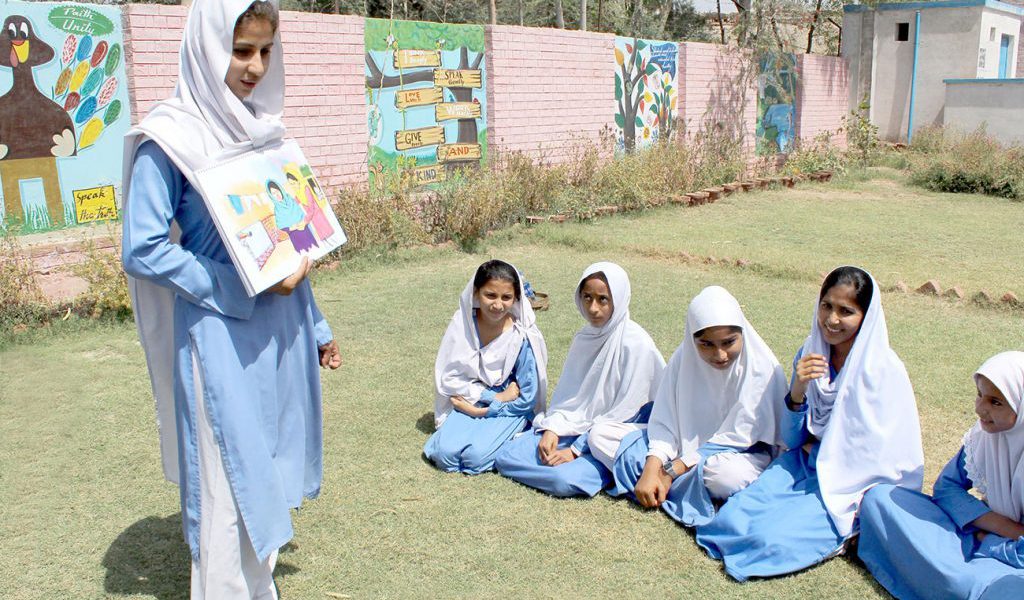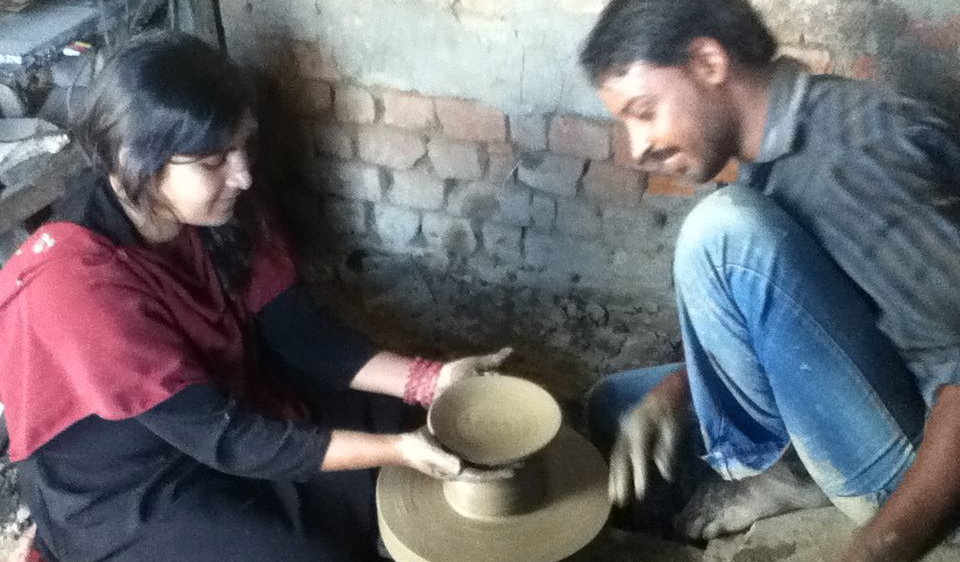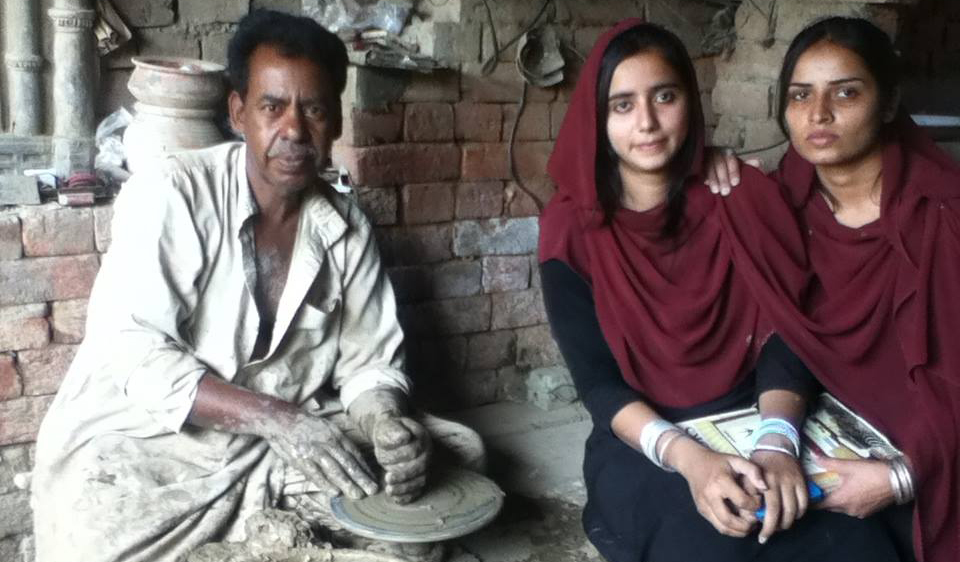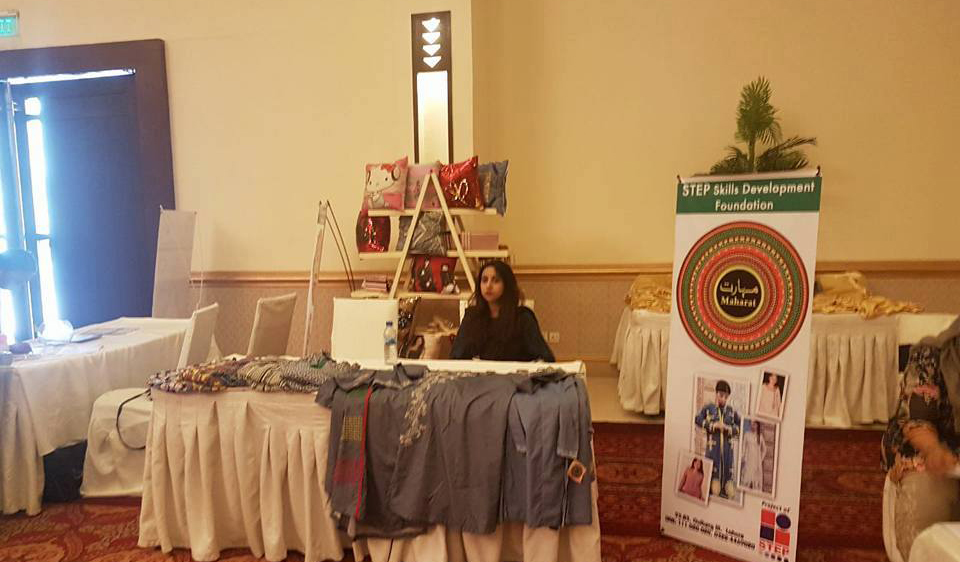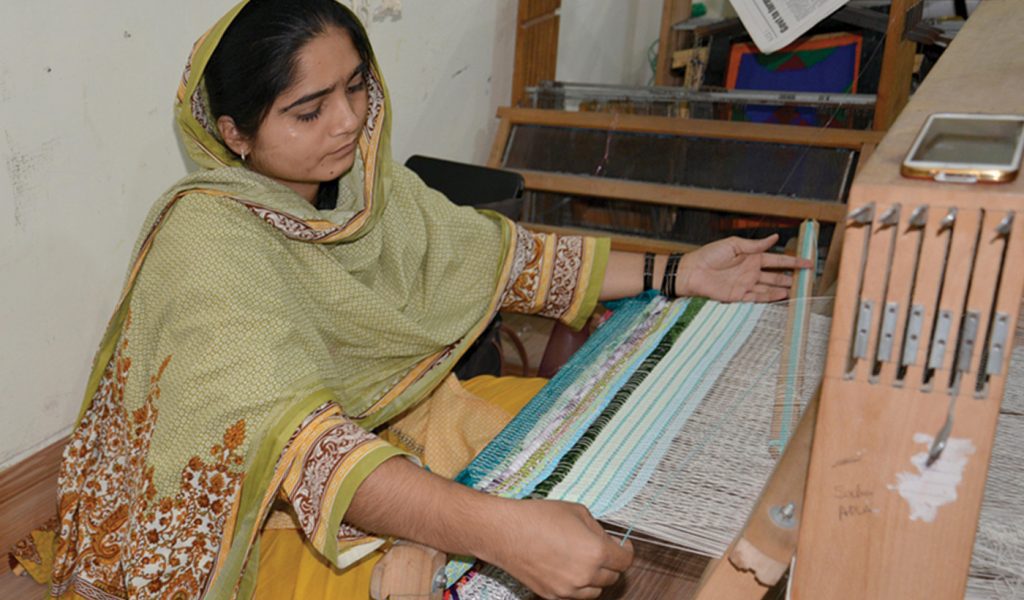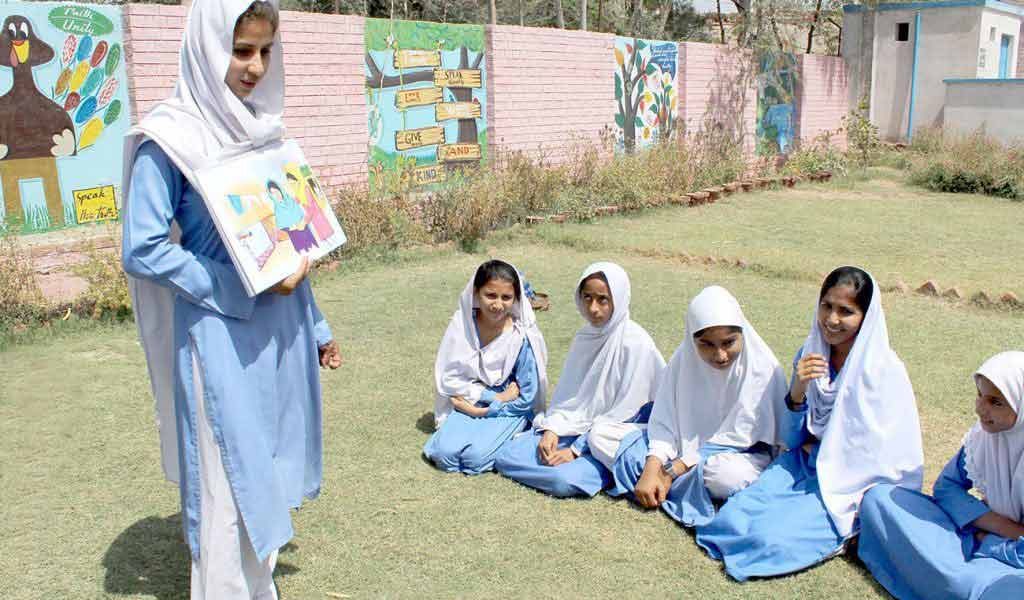Gender Equality
Gender equality and women empowerment has been our core objective since the inception of the organization. SSDF focuses on catering local needs and at the initial stages, working to offer all those opportunities to our society to alleviate poverty, which are currently unavailable due to innumerable reasons. Various techniques are adopted for advocacy and guidance of less vulnerable society / women including:
Advocacy & Counseling:
- Visit in churches to encourage and motivate Minorities towards vocational training,
- Beauty Therapy & Hair Stylist Courses for women leading towards employment,
- Girls Advocacy Project for adolescent girls with PLAN International,
- Documenting the project “Creating awareness on Menstrual Hygiene Management (MHM)” organized by AGAHE, piloted in Muzaffargarh
- Encouraging women to participate and display their products in Exhibitions for entrepreneurial opportunities under MAHARAT.
Scholarship opportunities for female minorities:
We provide advocacy about the opportunities available to Christian women in form of bursaries and academic scholarships offered at STEP projects, including the “Anna Molka Scholarship scheme” designed for female minorities to encourage and empower them for the Advancement & Welfare of Community at the Institute of Art, Design & Management as well as Melange Institute & Beauty Lounge.
Learning for Earning:
SSDF is involved in several humanitarian projects including education, women empowerment, and poverty alleviation, sustainable environment, minorities, and youth development, and is working for formal and non-formal education, technical and vocational training for minorities, women, and youth. To cater to these aspects various platforms are provided to women during the past few years, including:
- Hand Embroidery & Applique work Training in the region South Punjab and KP provinces, organized in partnership with Pakistan Poverty Alleviation Fund (PPAF)
- Hand Embroidery & Tilla Training for women in collaboration with Punjab TEVTA
- Dressmaking training for underprivileged women in remote areas of Chungi Amarsaddu and Kahna in two different vocational training centers which were running on a self-finance basis

